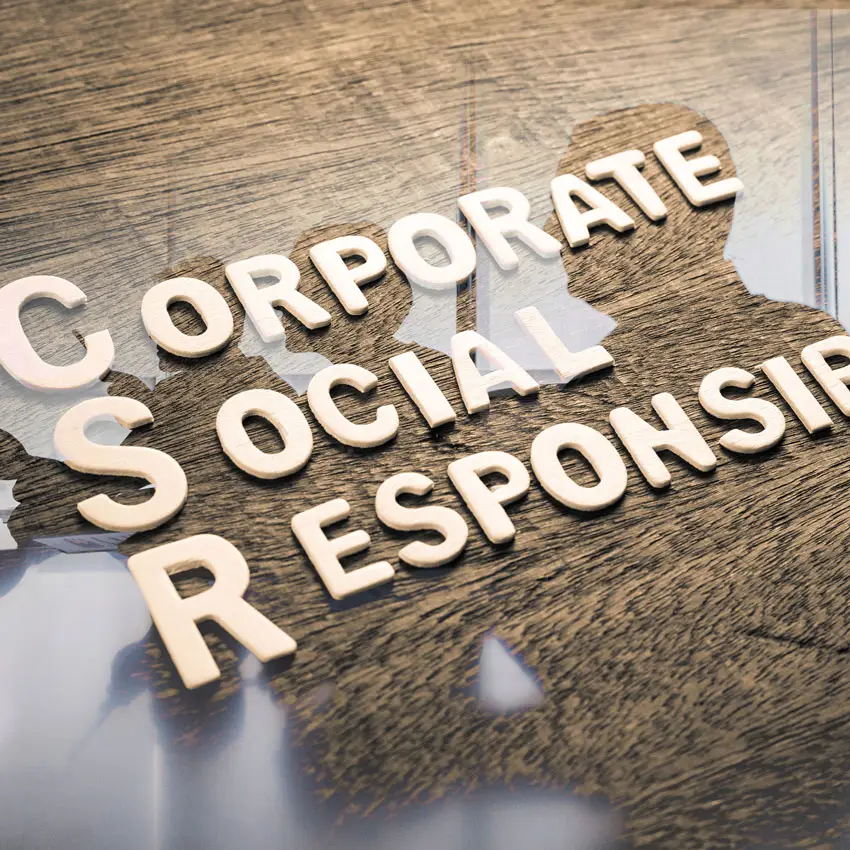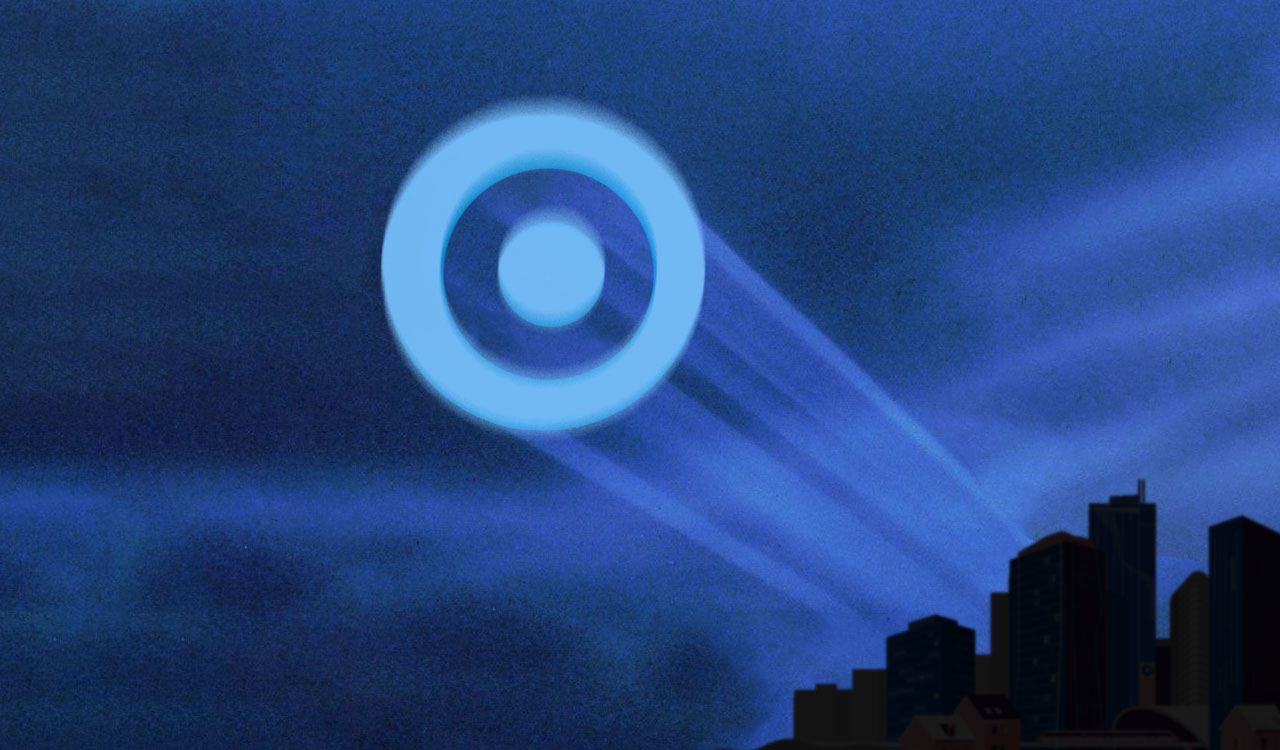I read great reviews of the film The Summer of Soul, a documentary directed by Questlove, known to many as the bandleader of The Roots, the in-house band for The Tonight Show with Jimmy Fallon. A treasure trove of well-preserved footage was discovered after the death of the cinematographer who documented the 1969 Harlem Cultural Festival. A talented team led by Questlove, who directed the documentary, pieced together spectacular performances featuring a 19-year-old Stevie Wonder, Mahalia Jackson, a new group called Gladys Knight and the Pips, and too many other greats to name here. It was showing in theaters, but I streamed it on Hulu. The first frame of the film was a full-screen graphic reading \”Summer of Soul, Brought to You by Target.\” Had I screened this film a week before, my reaction would have been, that is a brilliant marketing decision but instead, my reaction was hmm, I\’m not sure how to feel about this.
Tough Choices
To explain my change in perspective, earlier that day I had just read an exposé in the New York Times on the closure of a Target store near Baltimore, the subtitle of the article was \”Target Store Closings Show Limits of Pledge to Black Communities.\” The opening read, \”When Target announced that it was opening a store in Mondawmin, a predominantly Black neighborhood in this city struggling with crime and poverty, it seemed like a ticket to a turnaround.\” The article then went on to make a highly visible and detailed assertion that Target was not necessarily walking the talk. As I read further into the story, details emerged that undermined the author\’s premise, the fact that Target had closed this store in 2018, two years before the retailer made the 2020 pledge to support Black-owned businesses and vendors with a $2 billion pledge.
After reading the article, I asked Mark Cohen, Director of Retail Studies at Columbia University Graduate School of Business, for his opinion on the risks and rewards of well-publicized consumer social responsibility (CSR) commitments. Professor Cohen, who previously served as Chairman/CEO of Sears Canada said, “If I were running a business now, it would be very difficult to stay on the social justice sidelines, but you have to be very careful with public statements. Rubbing a consumer\’s nose in your own view versus theirs is not a winning idea.\” Regarding the article on Target, Cohen continued, “Target is getting pilloried for having closed a store in Baltimore. All responsible retailers have formulas that measure a store\’s success. An algorithm will tell you whether to renew the lease, try to salvage or repair the situation, or as a last resort, close the store. You have a fiduciary responsibility to a lot of different stakeholders\’ not just your shareholders, but also your associates, and yes, your customers. These decisions are difficult. Target has long been considered a progressive company. In 2016 Target took a very public stance supporting the movement for transgendered bathrooms and got nailed for it. Over one million people committed to boycotting the store. Full transparency, at the time I thought Target was wrong to open their mouths. Let the lawmakers deal with the issues legally, and then comply with the law. But since the Citizen\’s United decision by the Supreme Court, companies feel obliged to respond to the issues and to make full-throated donations to PACs and political committees.\”
Tension
That perceived obligation complicates things for consumers. The imbalance between a focus on shareholder value, CSR goals and what consumers demand from businesses after those goals are publicized has been thrown into sharp relief. As the initial shock of the 2020 social and political upheavals wanes, the tension remains when consumers perceive that an organization’s stated goals conflict with the actions the company takes. At the same time, there is a risk of a backlash when the company acts on those ethics-based goals when these goals are not shared by all customers.
Target is not the only retailer in this say-versus-do arena. Walmart appeared as a donor on the newly published list of the top 20 corporations supporting The Sedition Caucus, a group of members of the U. S. Congress who voted to overturn the results of the 2020 election. Walmart had previously announced they would suspend donations to any lawmakers involved in the effort to deny the peaceful transfer of Presidential authority. Still, after a brief pause, the donations resumed either to individual members or the party committees who distributed the funds at their discretion. Walmart was third on the list of highest contributing corporations donating after February of 2021. Other retailers included in the top 20 were CVS, Home Depot and The Gap.
I asked Professor Jerry O\’Brien, Director of the Kohl\’s Center for Retailing at the University of Wisconsin. about CSR and the role corporate political involvement plays in retail. Professor O\’Brien explains that companies have so much power now that the consumer may weigh the political activities of a corporation in the traditional brand value equation. \”A consumer can think if a company is using the profits from my purchase to oppose the issues that I care about, I have every right to say that is not a big benefit for me and I\’m shopping elsewhere. We have always had a cancel culture. When we learned that cigarettes caused cancer or that leaded gas caused birth defects, the market pushed back against those products,\” he says. Regarding hot button issues he continues, \” I don\’t think brands have become more involved in political issues, I think more issues have become political. It isn\’t that companies are diving into politics, politics is trying to impose itself on issues that never were considered political before and companies are responding to that. It puts a company that is trying to please everyone in a bad spot. It is virtually impossible.\”
Accountabilities
Labor relations and pay are other issues casting a shadow over well-polished corporate images. Kroger has been closing stores in Washington and California over mandated hazard pay requirements for grocery workers recently implemented in these states. Reporting notes that Kroger\’s earnings doubled in 2020 from $1.3 billion to $2.6 billion, and as upsetting as the store closings may seem considering the recent earnings boom, Kroger does claim to be a leader in progressive labor practices.
These are tricky times for capitalism. The balance between a focus on shareholder value, consumer social responsibility (CSR) goals, and what consumers expect after those goals are publicized has been thrown into sharp relief as businesses operate in an age of consumer awareness and transparency.
A company that does make that claim is Canada Goose. The New York Times recently reported, \”Canada Goose, the luxury jacket maker, has talked of its commitment to high labor standards. These efforts have paid off as the company outgrew its roots as a family enterprise and built a worldwide following for its parkas…\’We believe that the brand image we have developed has significantly contributed to the success of our business,\’ the company wrote in a Securities and Exchange Commission filing in March.\” The article continues, stating that the company was cited for unfair labor practices by a provincial board and that some employees accused the company of retaliating against them for efforts at supporting a union. Canada Goose is pushing back against the claims.
Experiencing the Struggle
While this article may read as a critique of current corporate practices, the intention is not to assail these companies, but rather to emphasize that CSR goals and business decisions at certain junctures will conflict. In this age of transparency, any daylight exposing conflicting priorities will be noticed and noted. Professor O\’Brien says, \”The days of hoping that no one will ask you about controversial issues in the public discourse are over.\” If brands choose to take a stand on volatile issues, they need to prepare for honest and transparent conversations with their consumers and employees about how and why decisions were made when conflicts arise. It there is a genuine struggle between opposing forces, there needs to be a clear explanation. If it becomes a losing tug-of-war, companies may want to reconsider taking a stand in the first place. The issue of CSG is complex and messy; leadership needs a thick skin and resolve to navigate through the issues without making all stakeholders angry. Trite as it may sound, the simple answer is to walk your talk – whatever talk you ascribe to.




